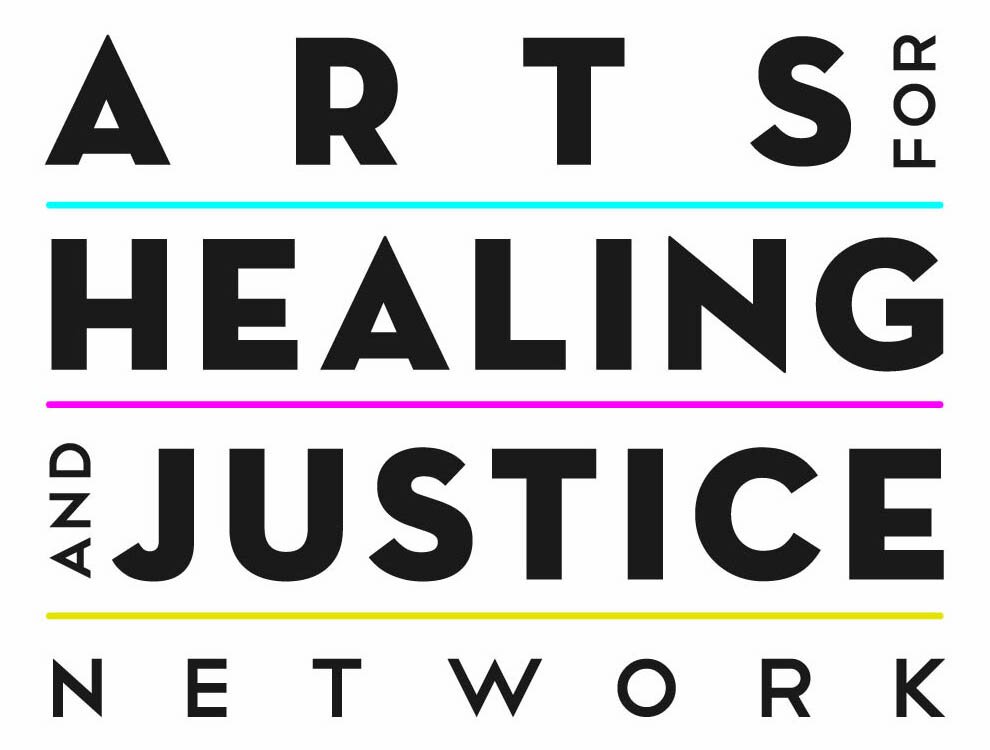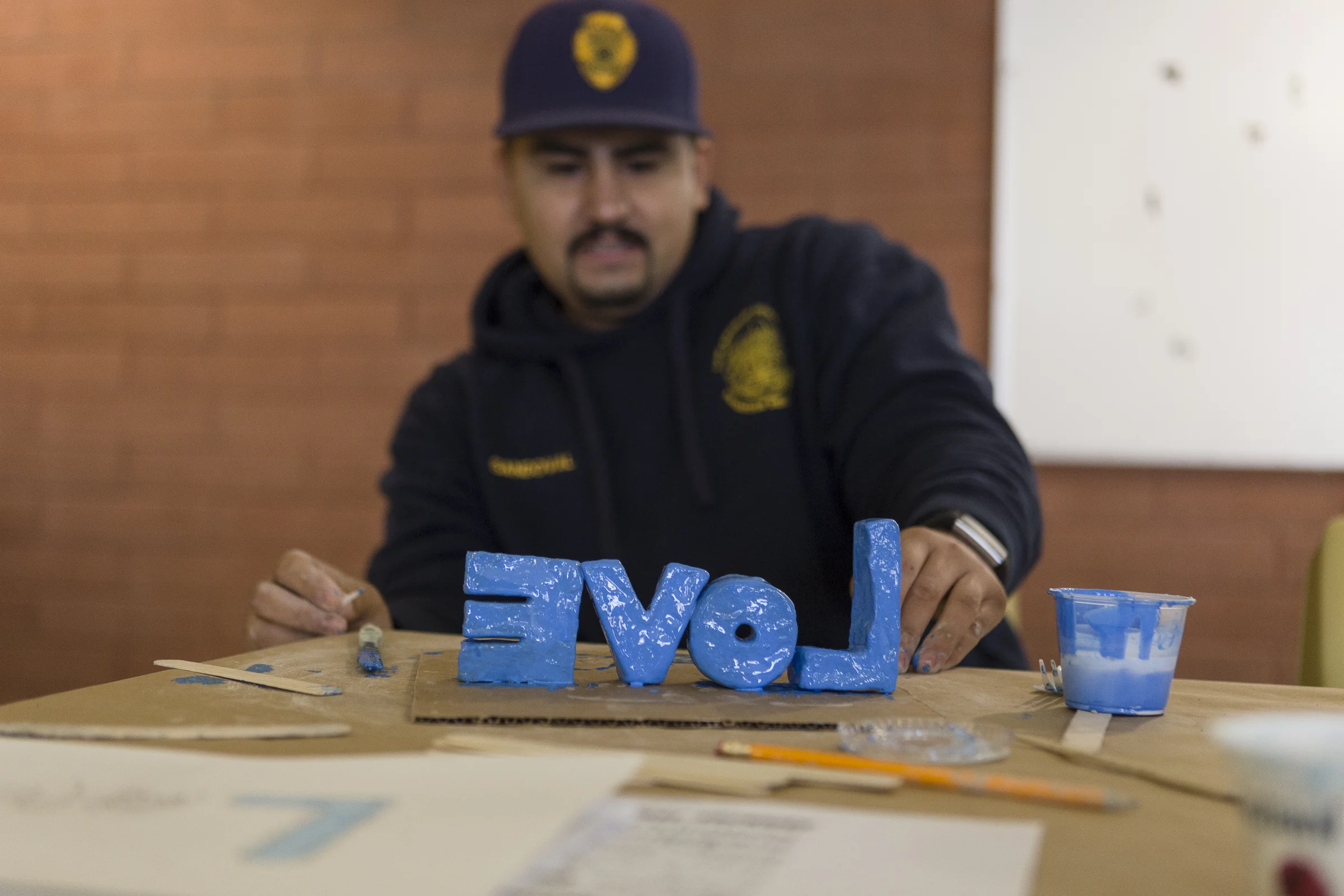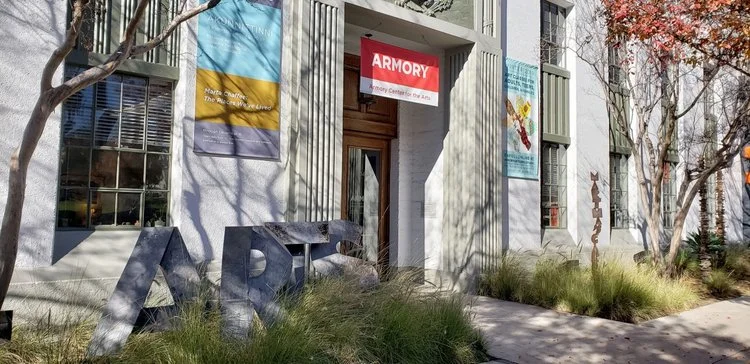Images from our programs, videos of our work in action, and AIYN in the media -- including articles by our youth advocates.
Images
Students at Camp Challenger, as the mural they created and painted is added to the Los Angeles Public Art records
Photo Credit: Cam Sanders
Unusual Suspects final performance at Dorothy Kirby Center
Street Poets Inc. culmination at Dorothy Kirby Center
Photo Credit: Maira Rios
Armory Center for the Arts mural at Barry J. Nidorf -- youth painting, and final mural dedication with Probation Chief Terri McDonald.
Armory Center for the Arts mural at Barry J. Nidorf -- youth painting, and final mural dedication with Probation Chief Terri McDonald.
With Art for Amnesty - AIYN dedicates Hope Center mural at Central Juvenile Hall. A youth artist explains his contribution to the group mural.
Student transforms a solitary cell into a mediation room while Probation looks on. And after completion.
Photo Credit: Cam Sanders
Student transforms a solitary cell into a mediation room while Probation looks on. And after completion.
Photo Credit: Cam Sanders
Probation staff share their writing, and drum together at our hands-on arts engagement and training of probation staff at Barry J. Nidorf.
Photo Credit: Maira Rios
Probation staff share their writing, and drum together at our hands-on arts engagement and training of probation staff at Barry J. Nidorf.
Photo Credit: Maira Rios



















